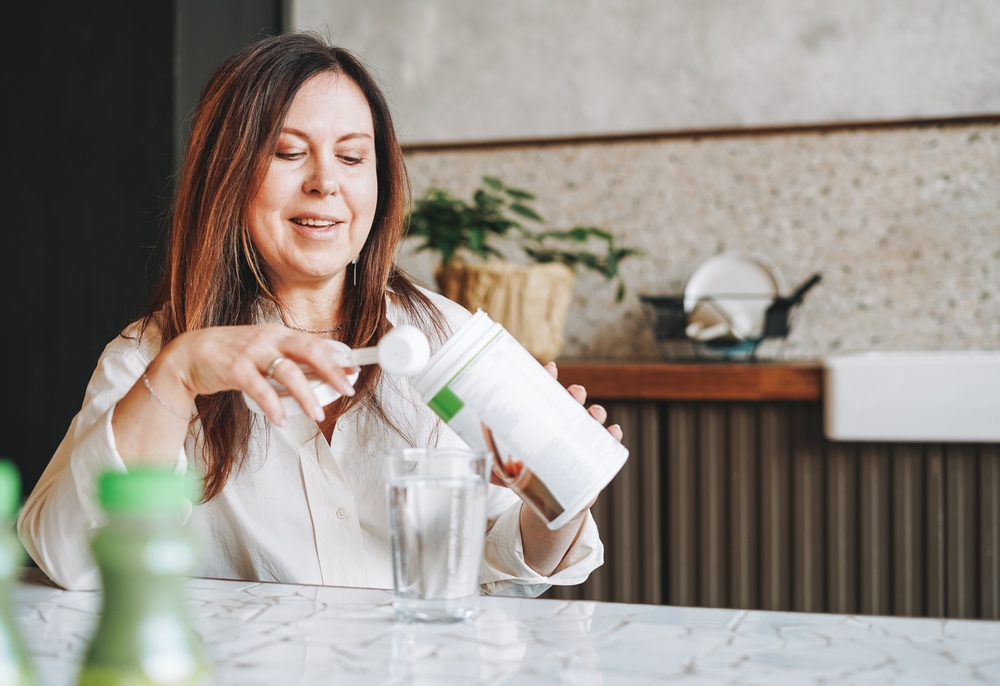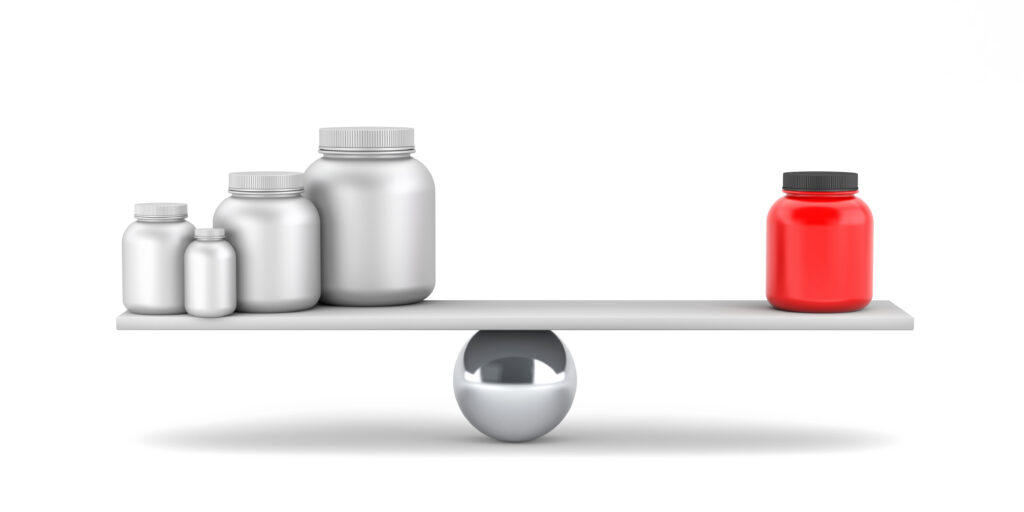As women age, the topic of health and wellness takes on new dimensions, particularly regarding dietary supplements. After 50, the body’s needs change, and so does the way it responds to supplements. Despite the wealth of information available, numerous myths persist about the use of supplements in this stage of life. It’s time to debunk these myths and uncover the surprising truths about supplements after 50.
Myth 1: All Supplements Are Equally Beneficial Post-50

Truth: The efficacy of supplements varies greatly among individuals over 50. While calcium and vitamin D are often recommended for bone health, and omega-3 fatty acids are touted for heart health, the benefits can vary based on individual health profiles and dietary habits. Personalization is key; what works for one person may not work for another. Consulting with a healthcare provider for tailored advice is crucial.
Myth 2: More is Always Better

Truth: With supplements, the “more is better” philosophy can be dangerous. Excess intake of certain vitamins and minerals can lead to adverse effects. For instance, too much vitamin A can cause liver damage, while excess iron can lead to gastrointestinal issues and other complications. For other supplements, such as collagen, more can actually be better. It’s essential to adhere to recommended dosages and understand that supplements are meant to complement, not replace, a balanced diet.
Myth 3: Natural Supplements Are Always Safe

Truth: The term “natural” in supplements can be misleading. Not all natural supplements are safe for everyone, especially post-50 when the risk of interactions with medications increases. For example, supplements like ginkgo biloba can interfere with blood thinners, and high doses of garlic can amplify the effects of anti-clotting medications. Always review supplement use with a healthcare provider.
Myth 4: Supplements Can Compensate for Poor Diet

Truth: Supplements are not a cure-all for poor dietary habits. They are meant to fill nutritional gaps, not replace whole foods. A diet rich in fruits, vegetables, lean proteins, and whole grains provides a variety of nutrients that are best absorbed through food. Supplements should be used judiciously to support, not substitute, a healthy diet.
Myth 5: If You Eat Well, You Don’t Need Supplements

Truth: Even with a well-balanced diet, certain age-related changes can make supplementation necessary. For instance, vitamin B12 absorption decreases with age, and extra vitamin D might be needed due to reduced sun exposure and skin efficiency in synthesizing this vitamin. Collagen production also declines as we age and it can be difficult to replace your lost collagen though your diet alone. A balanced approach considering both diet and potential supplemental needs is ideal.

Navigating the world of supplements after 50 can be challenging, but understanding these truths can empower women to make informed decisions. By debunking these myths, we can embrace a more nuanced and personalized approach to supplements, one that recognizes the unique needs and lifestyles of women in this vibrant stage of life. As always, consultation with healthcare professionals is key in determining the best approach for individual health and wellness goals.

